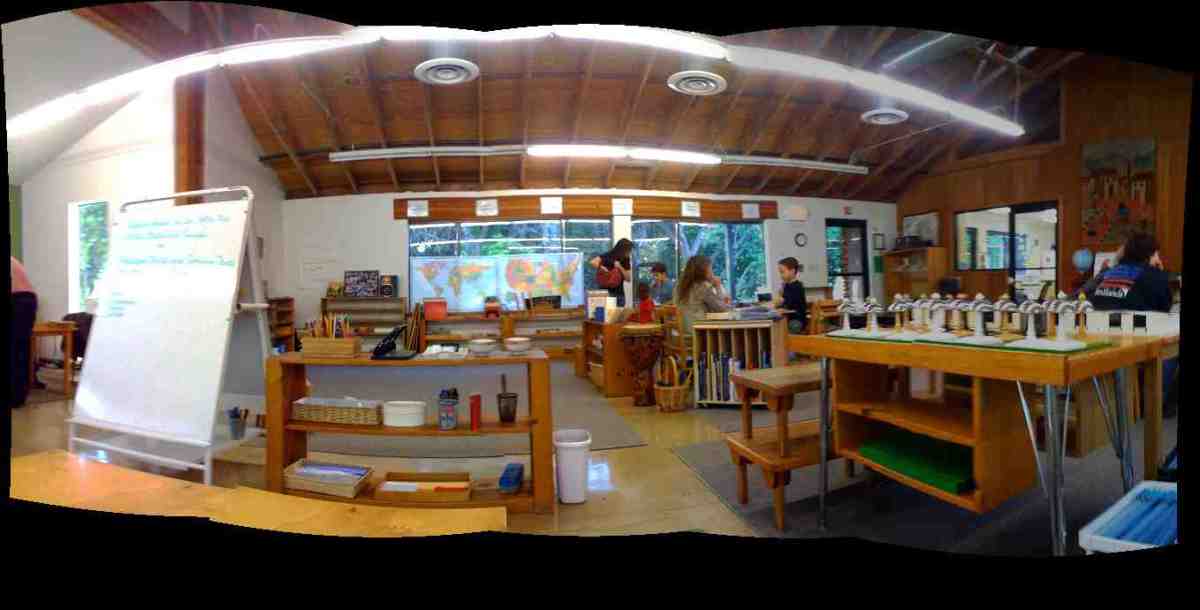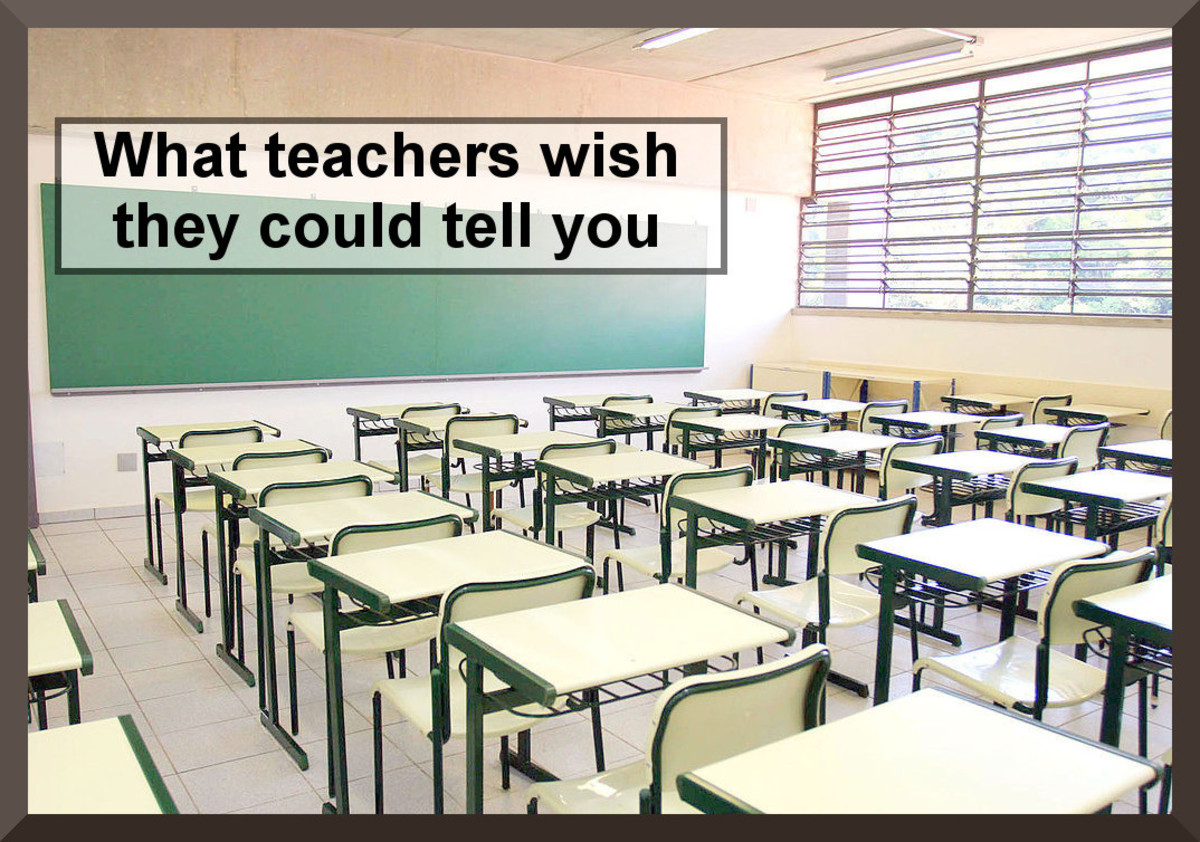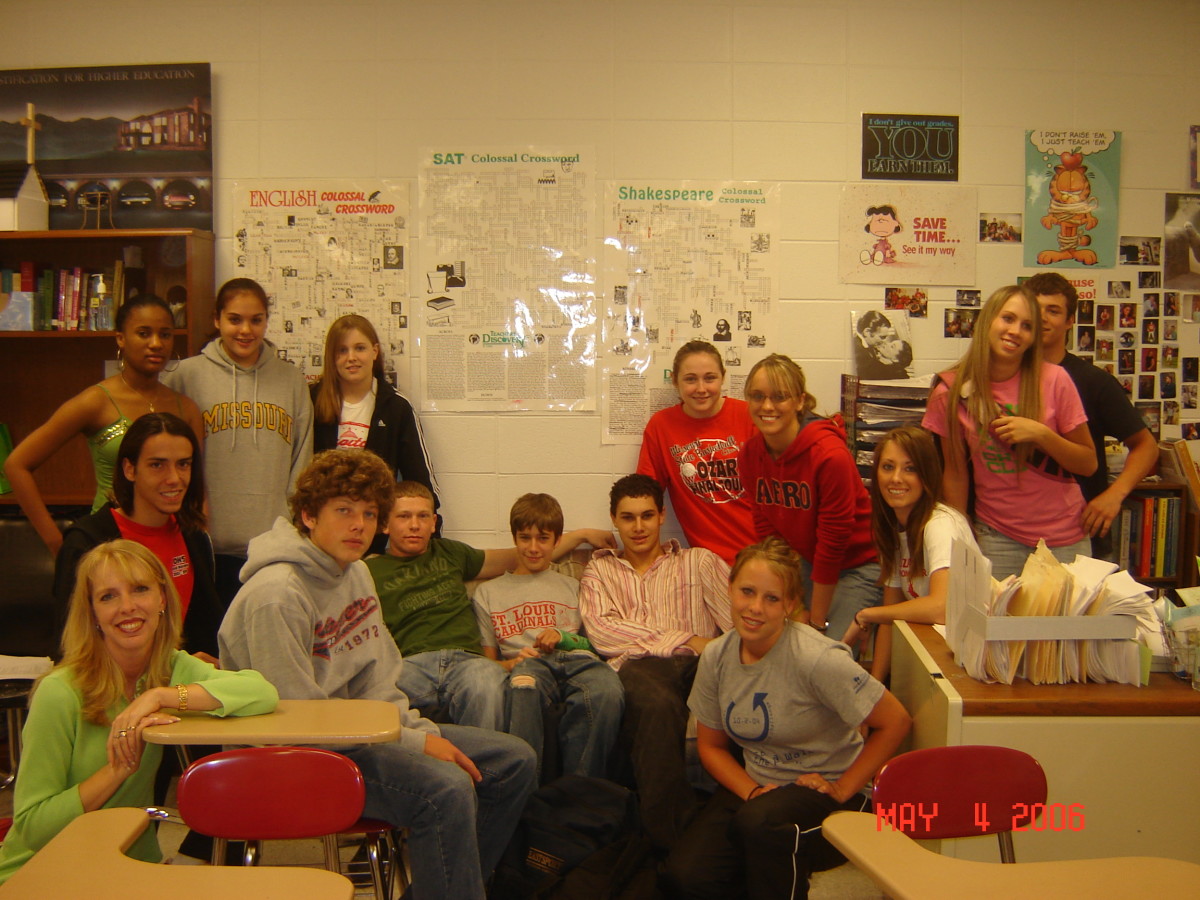How to Communicate and Participate in a Parent Teacher Conference

You have gotten a note from the teacher. It is time for Parent Teacher Conferences. Your stomach rolls and you get a grip in your heart, similar to the feeling you got when you were a child and were called into the Principal's office. That feeling of dread need not exist. Conferences are not about what your child has done wrong. They are not about your parenting style. They are an opportunity to give you a peek into your child's education. They are an opportunity for your child's teacher to let you know what their plan is for teaching your child what they need to know. It is a chance for you to learn what you can do to help your child learn more and learn best. It truly is a good thing! Here are some ways you can prepare yourself to make them a productive and positive experience for you and your child.
Know Your Child
Your best tool in a conference is knowledge. Your child's teacher spends roughly 8 hours every day with your child. The teacher "knows" your child. They really ARE an expert on your child. That being said, they only know your child in an academic and child-centered environment. Understanding this aspect gives you the teacher's perspective. In addition, it is imperative that you understand that Parent Teacher Conferences are all about this environment and your child's behavior and performance in this particular environment.
The conference does not cover what happens outside the classroom. It is ONLY about your child's academic performance and their social behavior in the school environment. Keep it there.
Take the time before the conference to talk to your child and learn about their relationships with their teacher and classmates. Look at your child's homework before and after it is graded. Read the teacher's assignments and visit with your child about the assignments. How successful is your child in the classroom? Does your child understand the assignments? Knowing this information will give you your child's perspective on this same environment. If your child has a problem in the classroom with the teacher or other students, knowing about it ahead of time will keep you from being blindsided.
Share Your Opinion
Tell me what is your initial reaction to receiving a Parent Teacher Conference request?
Write It Down
Getting it all in writing may actually help you figure out how things are going. After your conversation with your child, take a moment and write down your observations. Was your child excitedly talking about the teacher? Nervous? Angry? Did your child seem pleased to talk about their work in the classroom? Write down your child's reactions and perceptions of how they see their classroom environment.
Write down what you notice about your child's work. Is the homework done correctly, yet has a lowered grade? Ask your child about it and write it down. The teacher and the child may have two totally different "stories" on how this occurs. Give the teacher time and opportunity to explain. Quite often it is the child's understanding that falls short. Often adults don't understand other adults....so it is not surprising that a child may not understand. NOT a crisis, but left unchecked, it could be a crisis. Your child may have papers that have the problems correct, but they are not turning it in on time. Late papers will often have lower grades. While you may think this is a simple fix...it is often more difficult than actually teaching the children the math. It is teaching them the value of timeliness and responsibility. Teaching those values are both a parent's AND a teacher's job! Again, writing these things down and asking those questions will help you understand.
By writing down what you observe, you will become more aware and in tune with your child. The teacher will LOVE having a parent who takes the time to learn more about their child. While you are at it, write down your thoughts, your questions and what you would like to see your child doing in class. Remember, keep it academic. It is NOT your child's teacher's responsibility to correct your child's behavior or any other personal issues. Teachers often have solutions for these, and welcome your asking for their suggestions, but please do not go in expecting them to be solely responsible for them. If your child is very young, a united front, a team consisting of parents and teachers together, on the same page, will often completely eliminate bad behavior in a snap. That's another hub, however!
When you meet with the teacher, take a notepad and write down the points the teacher is making. Write down both good points AND the not so good points as well. Writing it down will help you to remember those questions you had and those important points the teacher discussed to you. Write down things you can share with your child. If your child accompanies you, then you really will need to write things down! In their excitement, your child might interrupt repeatedly and even commandeer the conversation. That is okay! Keep calm and jot down notes. The teacher is used to your child times 20 or more! You are in great company!
Strengths vs. Weaknesses
Every Parent Teacher Conference is about your child's strengths and their weaknesses. Your child's teacher will lay out both. Be prepared for it. NO person has only strengths. Your child's teacher is trained to feed your child's strengths and build on them. In addition, he or she, is also trained to identify and work toward building your child's weaknesses into stepping stones for success. A conference is an opportunity to let you know what they are and what your child's teacher will be doing to work on them. Conferences give parents a peek at the teacher's plan for a child's education. It also gives you an opportunity to participate in your child's education.
Begin by listening to all of what the teacher says about your child with an open mind and no expectations. When a parent truly listens, a child will benefit. The most wonderful child has room for improvement and likewise, even the most difficult child has good merits. When you go in with an open mind, you will learn more about your child and their teacher. The teacher is looking at your child's academics, not your parenting style. Be deliberate about keeping it about your's child's academics and the teacher will be able to teach your child more!
Teachers will always begin with your child's strengths. Learn what your child does well and think about how that can work to help them not only in the classroom, but at home! These are things you can use to help your child overcome their weaknesses! If your child is great at math and weak in planning, let them help you figure out how to budget money for a birthday party! Listen to what the teacher has discovered about your child. You may not know how great your child is at helping others find solutions. This may be new information for you! Then the teacher will outline your child's weaknesses.
Look at your child's weaknesses as your child's needs. If your child needs cleats to play baseball well and safely, then you get them cleats. If your child needs batting practice, then you help them with that practice. The classroom is the same as a sports arena. The teacher of a gifted child, who may have an I.Q. greater than the teacher, will find some area for your child to work on....a weakness.
You will find that your child has a weakness in the classroom, just as you have a weakness at home or work. Go into the conference KNOWING that you will learn what those weaknesses in the classroom are and be prepared to learn what you can do to help. There is no need to be protective and defensive. Your child's teacher is working to help your child succeed. The knowledge of both strengths and weaknesses and having the tools to use those strengths to reduce or even eliminate weaknesses is great for parents.
If your child is struggling with a subject, ask them what they think is the problem? You would be amazed how even preschoolers know what is hard for them. Ask your child what they think could be done to make things easier. Children often wish for a way to make things easier and will look for a way to make it happen. There is no need to wait until you get home. Ask your child right there with the teacher. It will give them both an opportunity to brainstorm with a neutral party...you! You are an adult, so you are on the teacher's side of understanding. You are the parent, so you are on your child's side of understanding. That makes you a neutral party! Be aware and be neutral. Help them both reach a midpoint, an understanding that they both can work together and accomplish the needed objectives. You must understand that this is NOT about what your child can or cannot do - it is about what your child's teacher and your child are going to do to work together to improve your child's education.

Keep On Track
The teacher cannot give your child extra credit for the way they play on the baseball diamond. The teacher cannot give your child an exemption for how little time they have available in your home schedule to get homework done. That is really NOT the teacher's responsibility. It may be GREAT that your child is a natural on the ball field, and that your child is on four ball teams, and that you are active in church, and on and on and on. Honestly, that is NOT what the conference is all about. It is not about you or about your child's home activities. Go into the conference with no expectations for grandeur outside of the classroom. If the teacher praises your child for their spelling or math, then that is what is important. If your child needs more time to complete their assignments, then make a way for that to happen. Give your child the education they deserve. Only a small number of children will grow up to be a professional ball player, but all will grow up to need reading and math. Give your child that opportunity. it is your responsibility to provide your child with an education.
Keep It Positive
Whether your child's teacher has spent the entire time praising your child's accomplishments or your child's needs, it is up to you to be sure to end everything on a positive note. Remember your child has to work with this teacher every day and a conference ended on with a positive tone will encourage a teacher to be supportive of your child. A teacher who has been yelled at or berated may be leery of working with your child. It is okay if you disagree with the teacher. Tell them you don't agree with them and you will consider what they have shared with you. Then follow through. Keeping it on a positive note will help your child continue to get the support they need. It is as simple as shaking hands with the teacher, thanking them for their time, and assuring them that your child's education comes first. If you mean it, then take a step into parenthood and make it happen. You will be glad you did!
Text and Photo Copyright 2013 Deborah M. Carey
Join Me on Hubpages and More
- prektjr.dc on HubPages
Hello!! I began hubbing to expand my horizons while helping others to expand theirs! I can't believe it has been almost 2 years already! Wow!...









